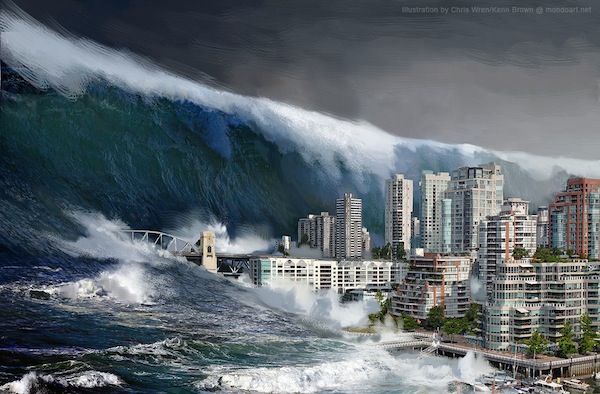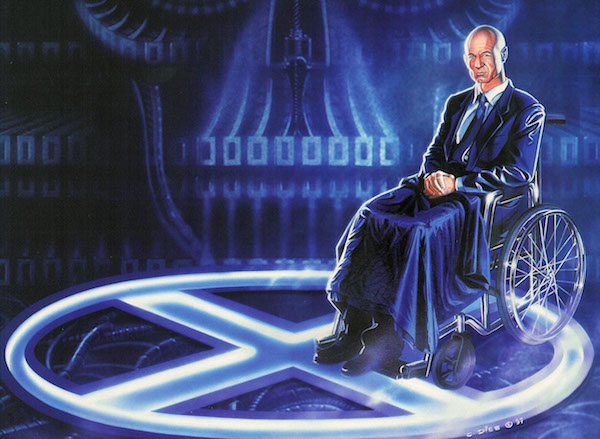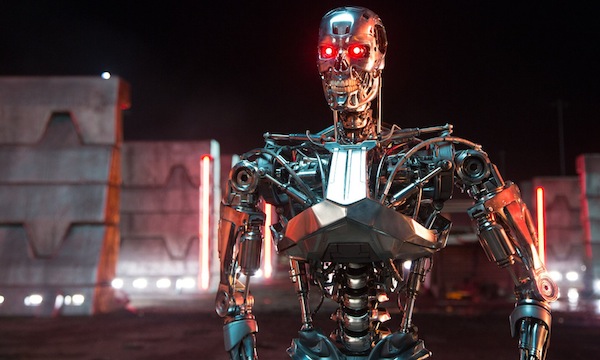when do you accept a disaster is coming and leave your home?
So I finally got around to reading that terrifying article about the impending Pacific Northwest earthquake from The New Yorker, and how can these sort of comforting thoughts not raise some questions?
In fact, the science is robust, and one of the chief scientists behind it is Chris Goldfinger. Thanks to work done by him and his colleagues, we now know that the odds of the big Cascadia earthquake happening in the next fifty years are roughly one in three. The odds of the very big one are roughly one in ten. Even those numbers do not fully reflect the danger—or, more to the point, how unprepared the Pacific Northwest is to face it.
…
Ian Madin, who directs the Oregon Department of Geology and Mineral Industries (DOGAMI), estimates that seventy-five per cent of all structures in the state are not designed to withstand a major Cascadia quake. FEMA calculates that, across the region, something on the order of a million buildings—more than three thousand of them schools—will collapse or be compromised in the earthquake. So will half of all highway bridges, fifteen of the seventeen bridges spanning Portland’s two rivers, and two-thirds of railways and airports; also, one-third of all fire stations, half of all police stations, and two-thirds of all hospitals.
…
“Together, the sloshing, sliding, and shaking will trigger fires, flooding, pipe failures, dam breaches, and hazardous-material spills. Any one of these second-order disasters could swamp the original earthquake in terms of cost, damage, or casualties—and one of them definitely will. Four to six minutes after the dogs start barking, the shaking will subside. For another few minutes, the region, upended, will continue to fall apart on its own. Then the wave will arrive, and the real destruction will begin.
The part about the odds makes the reality of this particularly sobering. If those are firm numbers, and we are to the point of using phrases like, “when, not if,” and governments are historically bad at preparing properly for these things, what is a resident of Seattle or Portland to do?
You know a disaster is coming at some point in the next 50 years — and when it does, it is going to be catastrophic, and the odds are that something terrible will happen to you personally, and merely ‘being prepared’ is not enough to save you from some level of tragedy.
Assuming every passing day or month, the odds are ever so slightly higher that this will be it, what finally gets you to leave?
How long do you stay and enjoy the life you have in the city you love and gamble with your life?
Do you convince your friends and family to leave when you do? Do you stay if they won’t leave?




